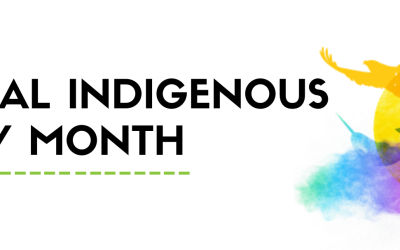Thirteen years after the Nisga'a Treaty granted unprecedented rights to a First Nations community in British Columbia, a new study shows the Nisga'a are divided about how their community is faring.
The Nisga'a believe their education and health care have improved, but their economy has stalled. Many complained nepotism and family-related voting still control politics and business deals.
The study, released Monday, examined attitudes toward the Nisga'a-led government more than a decade after the controversial 1998 settlement granted the group nearly 2,000 square kilometres of land in the Nass River valley in northwestern B.C.
In the first comprehensive land claim signed in B.C. since the 19th century, the Nisga'a became the first aboriginal group in the province to govern independently of the provincial or federal government.
Until now, outsiders could only guess how the agreement had affected the Nisga'a.
"No one had done a systematic study looking at how people on the ground felt the treaty had impacted their lives," said study leader Joseph Quesnel, an aboriginal policy analyst at the Frontier Centre For Public Policy, an independent think-tank.
However, he described the survey as a "snapshot" -not a definitive survey of how the treaty is working.
Telephone surveys of 121 Nisga'a were conducted by polling firm Compas. Mr. Quesnel also travelled to four Nisga'a villages to interview 30 "key informants." The nearby Tsimshian people were used as a control group.
A survey with such a small sample size has a relatively wide margin of error -plus or minus about eight percentage points, 19 times out of 20. But given that it polls a specific group, rather than the general population, the survey may be considered to more accurately reflect the views of that group.
The survey found 46% of Nisga'a respondents believed health services had improved since the treaty was signed compared to 41% who said services were worse.
Those respondents believe there are more health services available inside the villages and there is better teaching of traditional language in schools.
The survey suggests the greatest challenge faced by the Nisga'a government may be earning the trust of its citizens.
When it comes to whether the Nisga'a government is more or less honest in its dealings in the past 13 years, the community is divided, with 41% in both camps.
Although the survey showed the respondents believe their government is more honest than either the federal or provincial governments -55% compared to 45% and 42% for the federal and provincial governments, respectively -they also report their leaders are consulting less with them.
Many complained that powerful families still dominate Nisga'a decision-making.
"I still think the government is operating under the old ways and is behaving like a tribal council. It is not about true governance," said one key informant.
A majority of respondents, 60%, also reported being economically worse off. However, the northwest B.C. region has been particularly hard hit by recent downturns in the forestry and fishing industries.
About 30% of the Nisga'a opposed the treaty in 1998 -the community lost tax exemptions and ceded more than 90% of its traditional territory in the final settlement. Many opponents sought and obtained band membership in the nearby Tsimshian community.
Dissidents are challenging the treaty in the Supreme Court of B.C. The case was dismissed in 2005 because of procedural issues, but has since been reinstated.
As 397 First Nations communities in Canada continue to negotiate comprehensive land claims, including 41 in B.C., Mr. Quesnel hopes they will look at the study and understand what they're up against.
"Self-governance is not a cure-all," he said. "Problems don't just disappear. However, taking over power is a first step toward improving things."
To date, Canada has fulfilled 17 self-governance agreements, including settlements with the Nisga'a, Tsawwassen and Maa-nulth in B.C.


